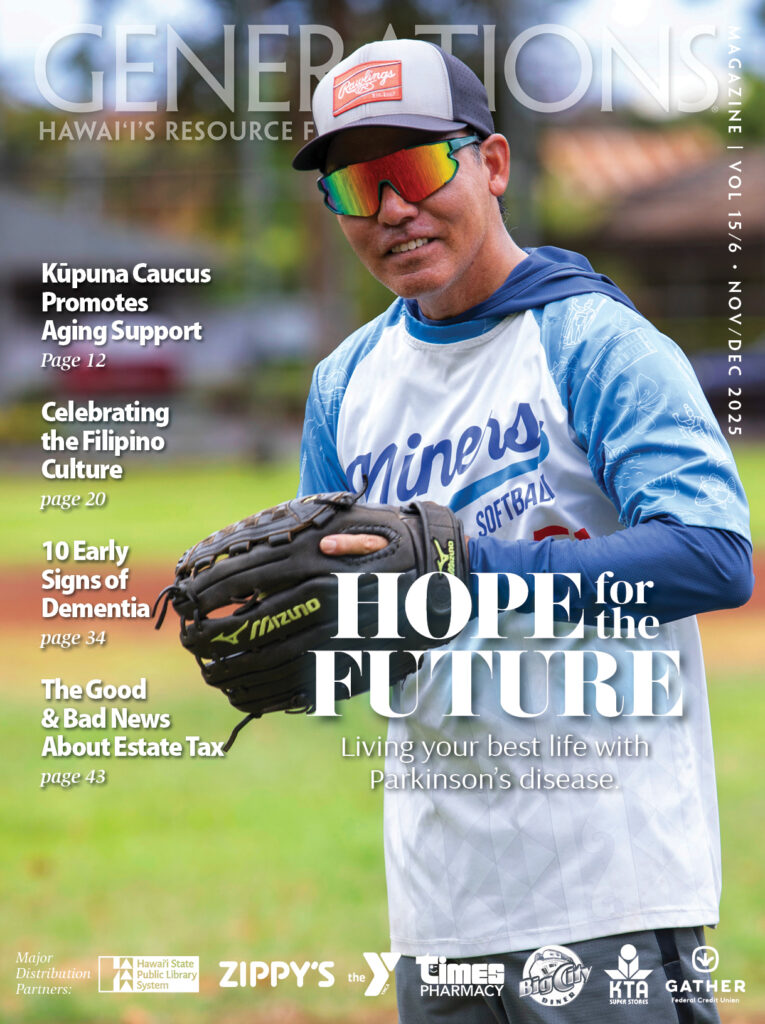In 2010, I wrote a booklet for Career Partners International, a leading outplacement counseling firm, in which I compared the 20th century workplace with the 21st century workplace. In simple terms, I made the case that the once-upon-a-time dominant workplace of regular, full-time workers was fast becoming a workplace of workers who work part-time, some of the time, for free or for a fixed fee.
And here we are in 2021 and the change has happened — not because of the pandemic, as most would like us to believe, but because of economic, societal, technological, ergonomic and other obvious changes that were staring us in the face long before this pandemic.
If we work later in life some of the time, our mental and physical health will benefit.
As change is our new reality, the flexible options are specifically suited to older workers because…
• Cognitive decline is preventable for many of us by working in some capacity. Look up the advances active brain activity is having in staving off some forms of dementia. Many studies confirm that using your brain at part-time work helps to maintain your resiliency. A flexible work schedule is of particular benefit for mature workers because it allows more time for all aspects of health renewal.
• Mental health can be maintained by working flexibly for community or other socially interactive nonprofits. As Nina Vasan, MD, of the Stanford Lab for Mental Health, said, “Mental health is the bedrock of community and, vice versa, community is the bedrock of mental health.” In brief, doing good work is good for you, too.
Where can you find this work that will help maintain your mental and emotional fitness? The key is finding something that is meaningful to both you and your community.
• Consider businesses that deliver meals and groceries, offer video-based fitness, or repurpose clothing and household goods.
• Review other contributors to Generations Magazine. They are your network. The authors know where new opportunities are emerging.
• Read my last month’s article on new places to work — especially in a flexible way.
For more about the longevity benefits of working longer and later in life, search the Brooking Institute as well as the Harvard Institute. Be a workforce not a workhorse. Your brain will thank you.
NEW WORKFORCE HAWAII
Carleen MacKay
916-626-7222 | carleenmackayhi@gmail.com
www.newworkforcehawaii.com



Leave a Reply